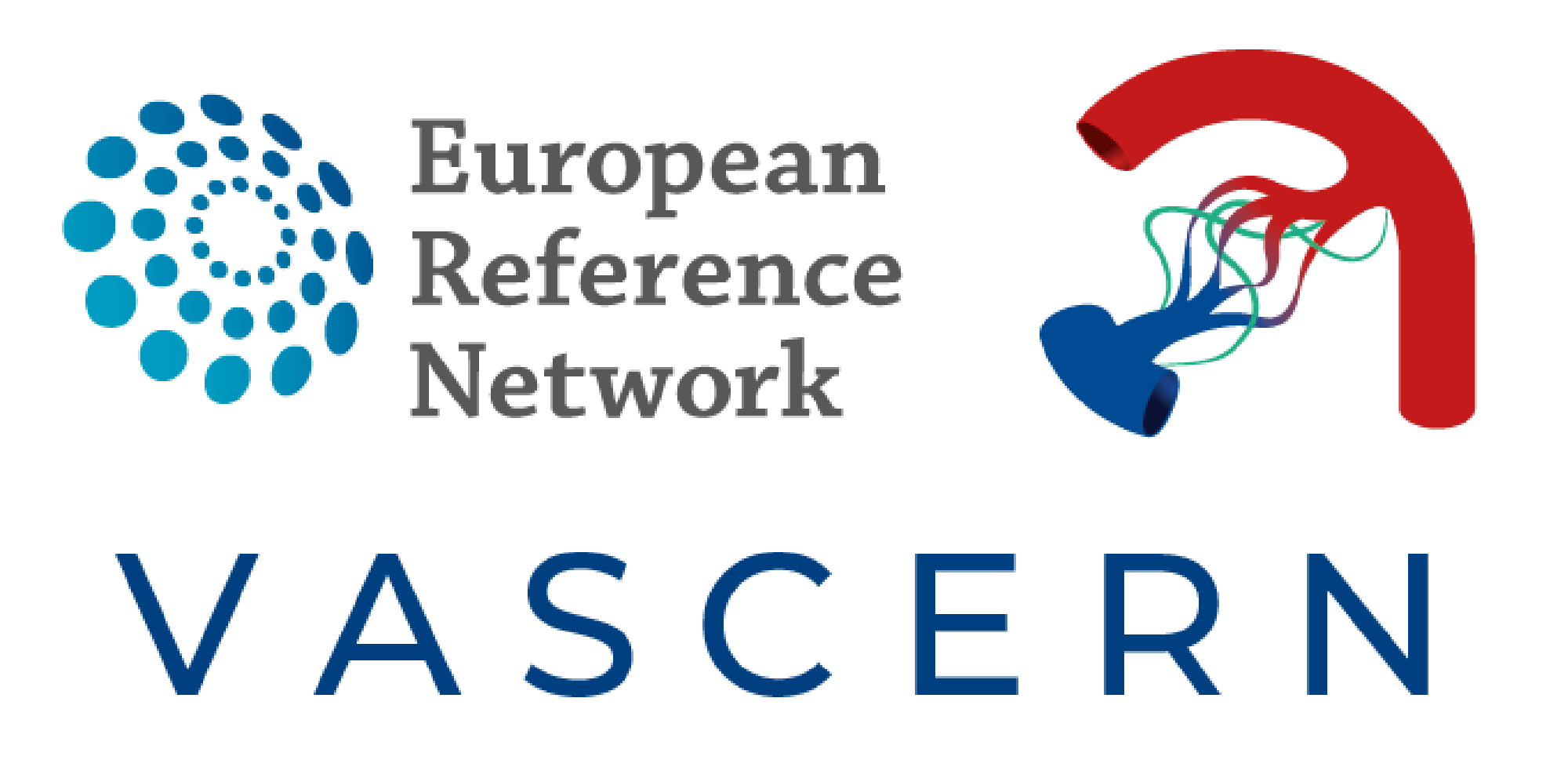
On November 28 and 29, 2024, the Hôtel Les Jardins du Marais in Paris welcomed over 80 experts from Europe, Asia, America, and Oceania for the 2024 CADASIL symposium. Organized by CERVCO (the Reference Centre for Rare Diseases of the Blood Vessels in the Brain and Eye) and supported by VASCERN and BRAIN-TEAM, this event brought together a global community united by a shared mission: advancing research and improving care for CADASIL (Cerebral Autosomal Dominant Arteriopathy with Subcortical Infarcts and Leukoencephalopathy).
The two-day event featured insightful presentations, collaborative sessions, and a focus on nurturing the next generation of researchers. VASCERN’s Science and Education Project Officer also contributed a poster presentation, reinforcing the network’s commitment to advancing care for rare vascular diseases.
A Platform for Global Collaboration
The symposium opened with a presentation on the CADASIL Genome-Wide Association Study (GWAS), led by Dr. Hugh Markus (Cambridge). This session provided an overview of progress in analyzing clinical and MRI data while encouraging attendees to propose innovative projects using this rich dataset.
Following this, Dr. Anne Joutel delivered a compelling plenary lecture on preclinical CADASIL models, offering critical insights into their potential for advancing research and their limitations in replicating the complexity of the disease in patients.

Empowering New Generations of Researchers
The Young Investigator Session was a highlight of the first day, showcasing research by early-career scientists tackling diverse aspects of CADASIL. Presentations included:
- Anna Dewenter’s work on optimizing MRI metrics for tracking disease progression.
- Marc Vila Cuenca’s study using CADASIL patient-derived 3D vessel-on-chip models to investigate vascular smooth muscle cell changes.
- Sofia Kaisaridi’s analysis of rapid and slow clinical progressors using a Bayesian mixed-effects model.
The session emphasized the importance of nurturing emerging talent, with senior researchers providing constructive feedback to help shape the next generation of CADASIL experts.





Global Perspectives on CADASIL Research
Presentations from expert centers worldwide offered valuable insights into CADASIL’s genetic and clinical variability. Notable talks included:
- Prof. Hugues Chabriat (Paris), who discussed future therapeutic opportunities informed by genetic diagnosis.
- Dr. Masafumi Ihara (Japan), who introduced the East Asian CADASIL registry (CADREA).
- Dr. Gido Gravesteijn (Netherlands), who proposed a standardized staging system for CADASIL using the NOTCH3-SVD scale.
- Dr. Saskia Lesnik Oberstein’s findings on the relationship between vascular protein aggregation and disease progression.
Case discussions provided an interactive forum to explore complex patient scenarios, such as combined genetic variants or co-occurring conditions, emphasizing the importance of multidisciplinary care.
Insights from Poster Presentations
Poster sessions during the symposium showcased a wide range of innovative research, offering attendees the chance to engage with presenters and explore new ideas. Topics included:
- Biomarker Discovery: Studies identifying potential biomarkers for CADASIL progression and therapeutic targets.
- Patient Experiences: A qualitative analysis of how CADASIL impacts patients’ social and family dynamics.
- Registries and Cohorts: Updates on the East Asian CADASIL registry and other global initiatives to collect and harmonize patient data.
- Pregnancy Outcomes: Research comparing pregnancy complications in CADASIL carriers and gene-negative family members.
VASCERN’s Science and Education Project Officer contributed a poster presentation, further emphasizing the network’s dedication to supporting rare vascular disease care.



Collaboration and Future Directions
The symposium concluded with discussions about enhancing global cooperation, including a pitch by Danit Saks on establishing a Global CADASIL Consortium to harmonize research efforts. Other proposals, such as developing a federated platform for medical image analysis and creating patient questionnaires to assess key outcomes, further illustrated the shared commitment to improving CADASIL care. Plans for the next symposium in 2025 are already underway, reinforcing the momentum generated by this year’s meeting.

The 2024 CERVCO symposium successfully brought together leading researchers, and clinicians to drive progress in CADASIL research and treatment. The diverse program combined cutting-edge science, international collaboration, and patient-centered care, demonstrating the power of collective expertise in tackling rare diseases.
For more information on CADASIL resources and VASCERN, visit our Neurovascular Diseases page.

